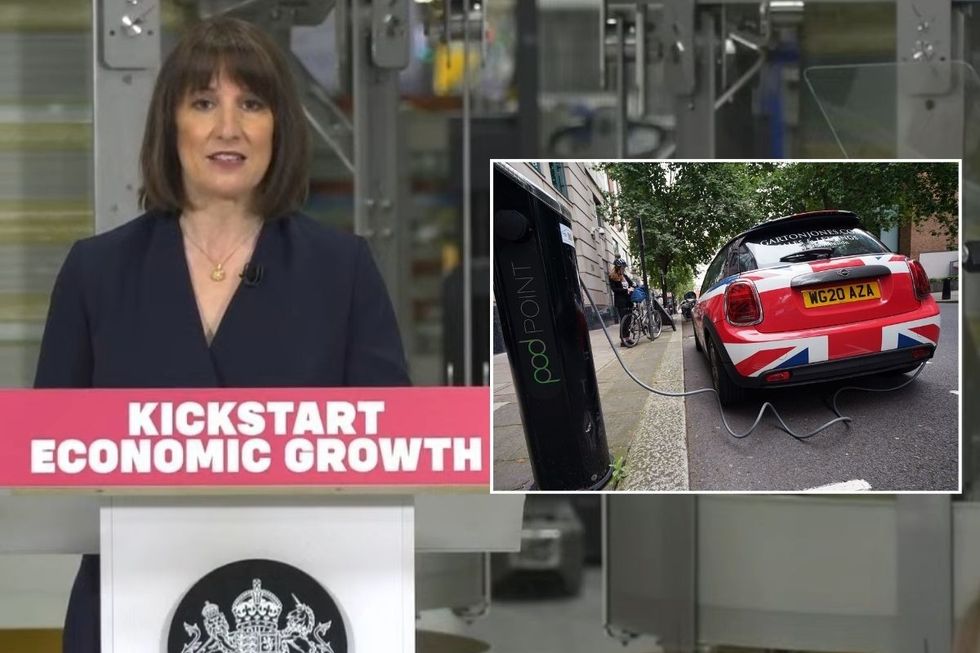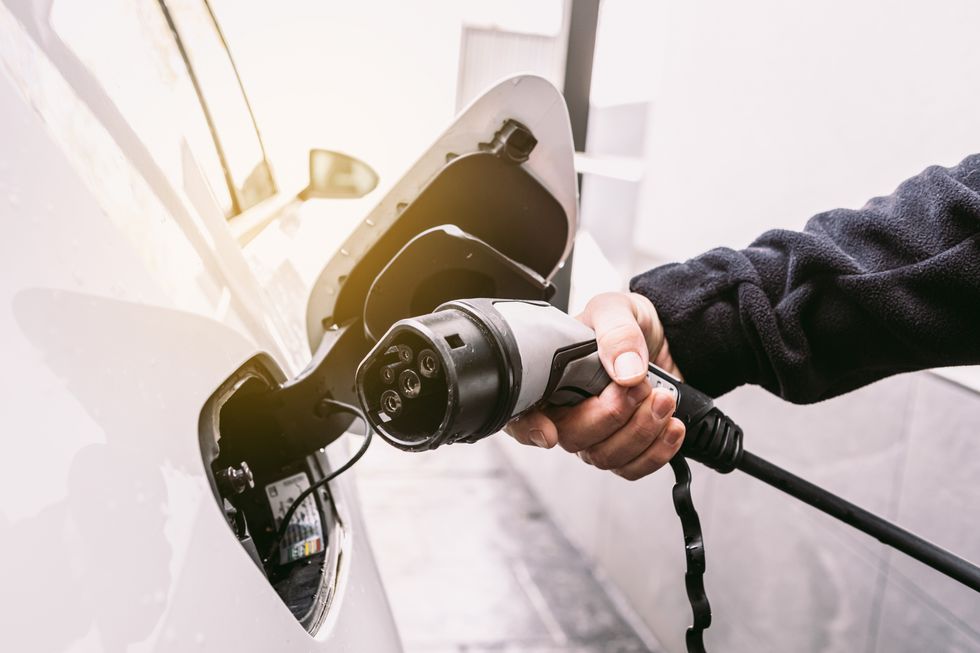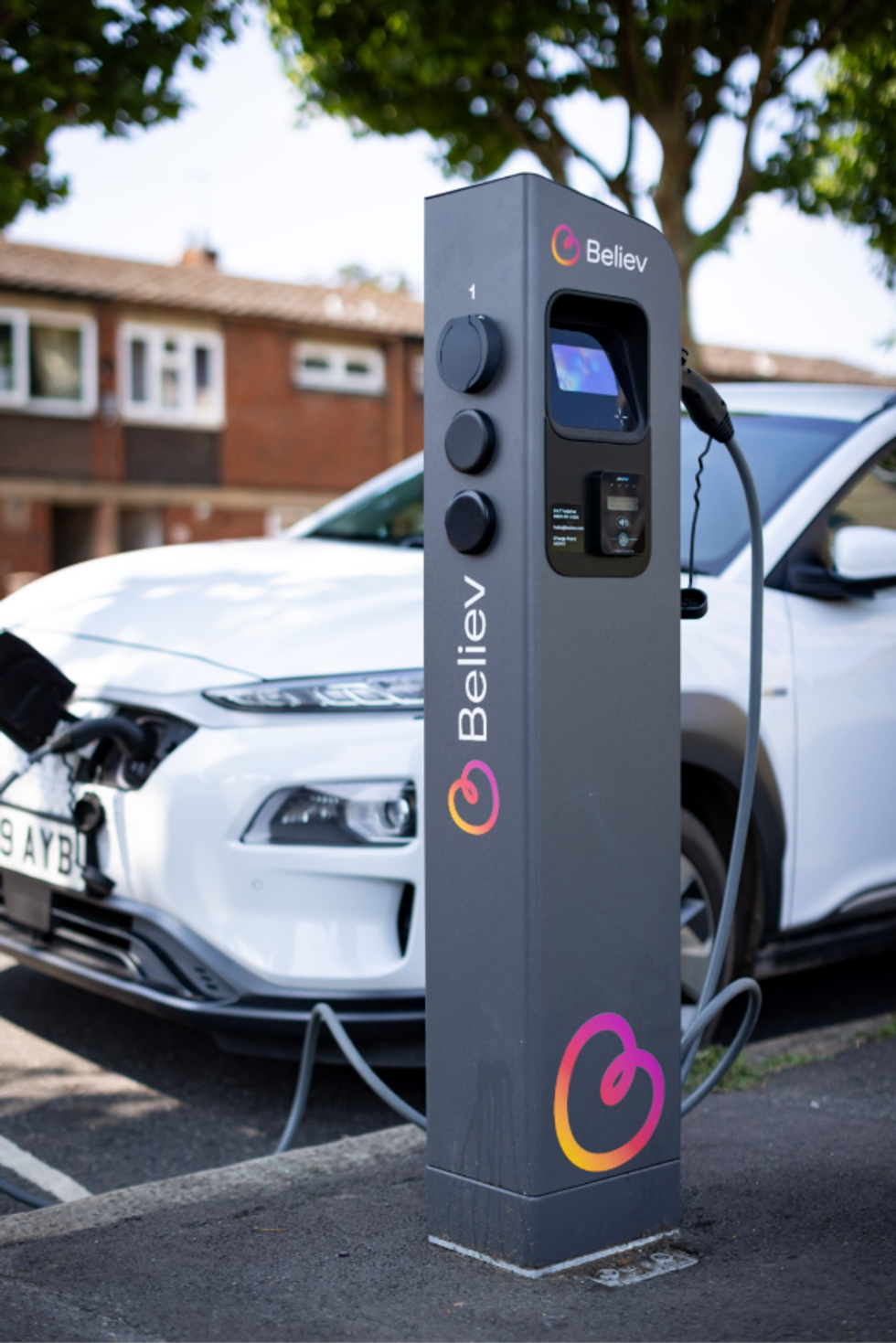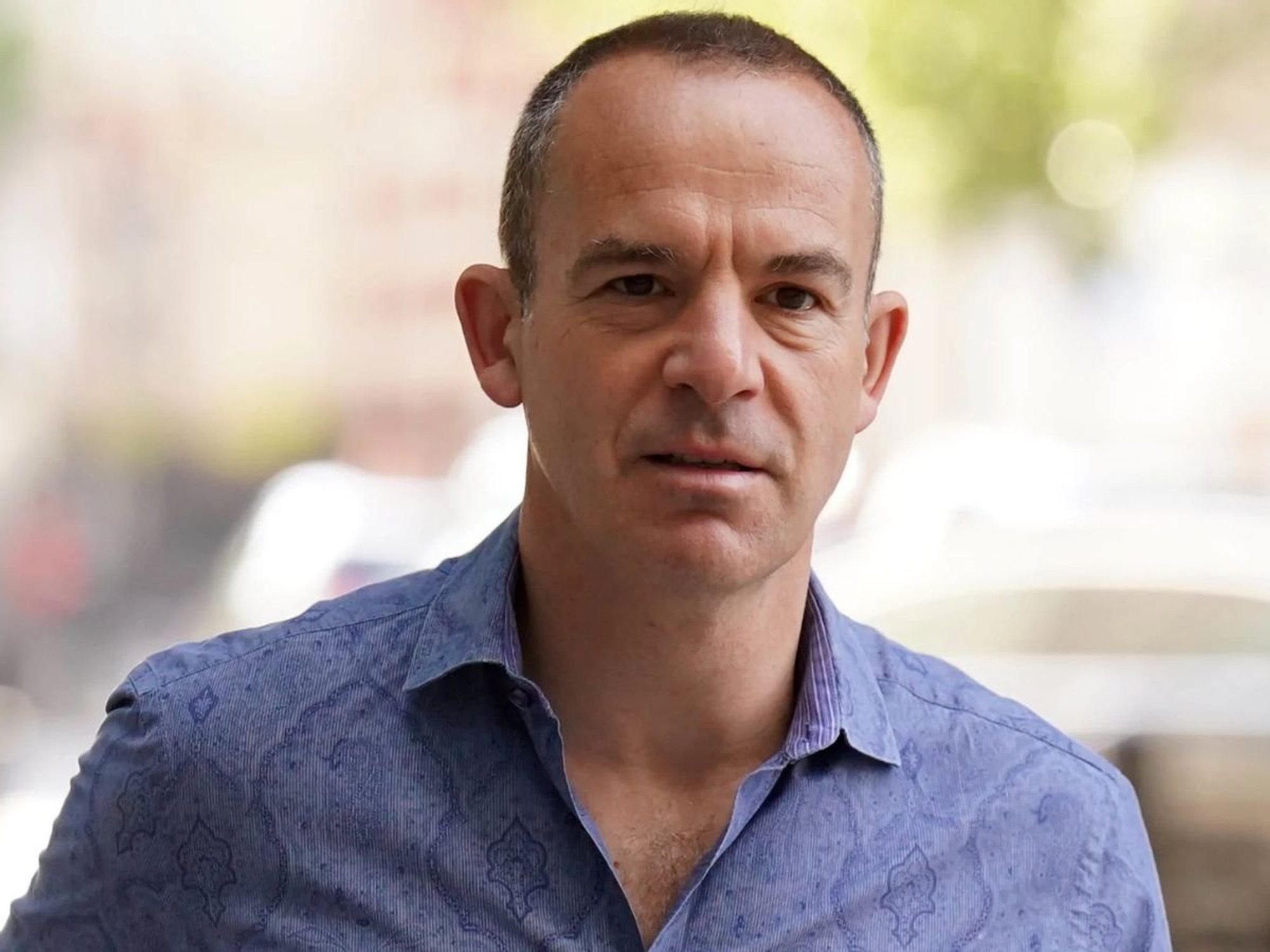Rachel Reeves urged to support electric car drivers at Autumn Budget and ditch pay-per-mile taxes

The Chancellor will deliver the Autumn Budget on Wednesday, November 26
Don't Miss
Most Read
Latest
Rachel Reeves has faced growing pressure to unveil significant support measures for electric vehicle drivers in the upcoming Autumn Budget.
It comes after charging infrastructure company Believ has pushed for reforms to enhance affordability and speed up the UK’s shift towards sustainable transport.
The electric vehicle charge point operator has presented the chancellor with a comprehensive set of proposals aimed at reducing ownership costs and encouraging broader adoption of electric vehicles across the country.
Believ has pledged that any savings from potential VAT reductions would be transferred directly to motorists, ensuring sustained affordability for those making the switch to electric vehicles.
TRENDING
Stories
Videos
Your Say
The four-point plan includes aligning VAT rates for public charging with domestic energy tariffs, abandoning proposed business rates for charging point operators, enhancing and broadening the electric vehicle grant programme, and reforming how standing charges are calculated.
The company argues that scrapping planned business rates for operators would enable more competitive charging prices, while an expanded grant scheme could offer increased discounts across a wider range of vehicle models.
Additionally, Believ has called on the chancellor to prevent operators from being charged based on future capacity rather than current usage, which currently forces companies to pass these costs onto consumers.
These proposals form part of what the firm described as a comprehensive strategy to address the full spectrum of electric vehicle ownership expenses.

Chancellor Rachel Reeves has been urged to support electric cars with new funding measures
| GB NEWS/GETTYThe timing of these proposals has gained additional significance amid reports of a possible pay-per-mile charging system for electric vehicles starting in 2028 and the recent announcement that electric vehicle drivers in London will lose their exemption from congestion charges.
Industry observers suggest these potential costs could deter prospective buyers from switching to electric vehicles, making Believ's proposed measures increasingly crucial for maintaining momentum in the transition to cleaner transport.
The company emphasises that its recommendations represent a comprehensive strategy for reducing the total cost of electric vehicle ownership, addressing concerns that new charges could undermine the financial case for going electric.
Without such interventions, the firm warns that drivers may view emerging costs as barriers that outweigh the benefits of electric vehicle adoption.
LATEST DEVELOPMENTS:
- Labour targets over 70s behind the wheel under new safety proposals as 'mature' drivers deemed unsafe
- Oxford chaos: Drivers warned of serious delays on major motorways amid hazardous oil spill blocking roads
- Rachel Reeves set to hammer millions of drivers with 'double car tax' ahead of pay-per-mile Budget decision
 Electric cars are subject to 20 per cent VAT at public charging stations, compared to five per cent at home | GETTY
Electric cars are subject to 20 per cent VAT at public charging stations, compared to five per cent at home | GETTYGuy Bartlett, Believ's chief executive, said: "EVs are the future of sustainable transport and as such must be accessible, with cost an integral part of accessibility."
He called for the Treasury to adopt a comprehensive strategy that acknowledges crucial private sector funding while backing the UK's transport decarbonisation efforts.
"As outlined in our four wishes, we need the Treasury to take a holistic, end-to-end approach to furthering EV uptake, recognising vital, private investment and supporting the UK's decarbonisation of transport."
Mr Bartlett added: "Combined with Believ's mission to deliver cleaner air for all, and our £300million commitment to expanding the UK's charging network, these measures send a powerful message that the UK is serious about making EVs a viable choice for everyone."

The EV charging operator has pledged to reduce charging costs if VAT is reduced to five per cent
|BELIEV
Believ explained that the funding it secured this year will be used to install a minimum of 30,000 public charging points throughout the UK, collaborating with councils, companies and property owners to develop what it describes as the nation's most dependable electric vehicle charging infrastructure without taxpayer expense.
The firm is owned by Liberty Global and Zouk Capital, which manages the Treasury-supported Charging Infrastructure Investment Fund, and works alongside Virgin Media O2 to roll out charging facilities across the country.
The company has aligned itself with industry body ChargeUK in advocating for these budgetary measures, viewing them as essential components of an integrated approach to making electric vehicle charging more accessible, fair and sustainable whilst advancing Britain's clean transport ambitions.
Our Standards: The GB News Editorial Charter











